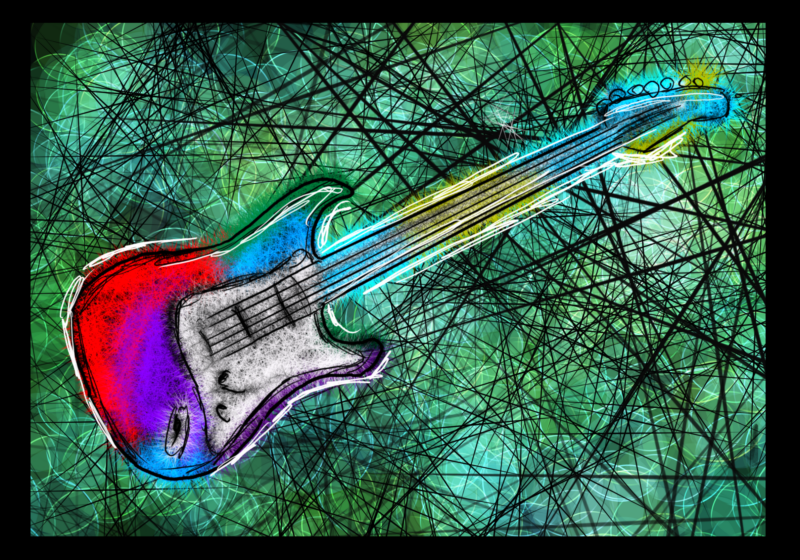It was my first day on the job. The door was locked so I had to buzz in. I just barely pressed the button my hand was shaking.
‘Hello?” a voice on the other side of the door said.
‘Hi, my name is David Weissman, and I am here for the interview.”
No, I was not going in for a job interview. The job was already given to me. At the end of the seventh grade Little League baseball season, my coach asked me if I wanted to work for him. The job was every sports fan’s dream interviewing professional athletes for Steiner Sports, a sports memorabilia company. I jumped at the opportunity.
Since then, I have interviewed athletes ranging from USA women’s soccer hero Brandi Chastain to New York Yankee star pitcher Mariano Rivera.
Before each interview, I would research the athlete and come up with unique questions to ask. My job was to ask unconventional questions from a ‘kid’s perspective,” tape record the interview, transcribe it and post it on the company’s Web site.
With each interview, I became more mature and gradually I learned how to properly interact with people, especially adults. During that first interview, however, I was just a nervous, shy 13-year-old boy.
The secretary opened the door, told me to sit down and called my boss, Kevin Lee, to tell him I had arrived. A few minutes passed before he came in, but it felt like an eternity. Lee and I had spoken on the phone and exchanged e-mails so many times that it seemed like we had been coworkers for years, but this was the first time I would meet him face-to-face.
‘Are you ready to meet Chad Pennington?” he asked. I responded with a grin and an enthusiastic ‘Yes!” Not only was I the stereotypical sports-crazed 13-year-old, but I was also a diehard New York Jets fan. Meeting the quarterback for my favorite football team was a dream come true.
Lee walked me into the warehouse, and I was overwhelmed copious amounts of memorabilia lined the walls and shelves. It is almost unfathomable that there could be that much demand for autographs, but there it was.
Finally, we came upon an area with a large table on which sat a lot of footballs, football helmets and pictures that were being signed by Pennington. My boss could tell I was very nervous so he took the initiative to introduce me.
Most athletes, I have come to realize, would multi-task signing the memorabilia while answering my questions. Pennington, however, was gracious enough to stop what he was doing, stand up and give me 100 percent of his attention.
Tape recorder in hand, I stuttered through my first couple questions. I was an anxious kid and certainly acted the part. But Pennington’s coolness must have been contagious I soon eased up.
The subsequent interview became more of a conversation. Pennington understood that I was merely a boy doing the job of a man and so made every effort to make the situation as stress-free as possible.
He made jokes and the two of us spoke about girlfriends, ice cream and schoolwork. My mom even made a few quips in response to some of his answers. (Oh yeah, I forgot to mention: I was so nervous that I asked my boss if my mom could come with me as I did my interview a request I would never make again.)
By the end of the interview, the roles played by Pennington and me had completely switched.
‘Truthfully, I wasn’t really expecting this,” Pennington said. ‘I really have to think about some of these questions in order to give you a good response.”
I went from being a nervous boy to a confident man-in-charge. Pennington went from confident to pensive as the questions thrown his way left him in thought.
Although the interview itself was one of the shortest I ever conducted, lasting under 10 minutes, it was certainly significant.
After that day and until the end of my tenure, I buzzed in to the Steiner Sports office with pride, purpose and poise characteristics that I have retained ever since Chad Pennington helped instill them in me.
Weissman is a member of the class of 2013.





